The Government, which has funded the National Underground Asset Register (NUAR) project to map the UK, hopes eventually to achieve £350m per year of economic growth from increased efficiency, reduced asset strikes and reduced disruptions for citizens and businesses.
Future releases will cover the rest of England and Northern Ireland by 2024/25. Scotland already operates its own centralised data vault system.
There is estimated to be around 4 million km of buried pipes and cables in the UK.
And now with aging infrastructure to repair and super fast fibre rollouts, statistically, a hole is dug every 7 seconds to install, fix, maintain or carry out repairs.
Latest collected data suggest around 1 in every 65 holes dug results in an accidental asset strike, amounting to around 60,000 incidents a year.
This puts workers’ lives at risk, causes around £2.4bn worth of economic cost and disrupts our day-to-day lives.
The first digital maps available from today consolidate data from all the major energy and water providers, such as Northumbrian Water, Wales and West Utilities, Southern Electric Power Distribution and National Grid, as well as smaller providers of these services, telecommunications companies, transport organisations and local authorities.
Viscount Camrose, minister for the Department for Science, Innovation and Technology, said: “The government’s National Underground Asset Register will transform how the UK manages its buried infrastructure.
“This is the first step towards UK-wide access. It will help us expedite projects like new roads, new houses, and broadband roll-out.”
This first phase, also known as the ‘minimum viable product’ (MVP), is now available to eligible organisations in the three areas.
It is intended to complement current business practices initially and will allow users to both plan for future adoption and provide valuable feedback to enhance the service further.
Bob Wood, Technical Systems Manager, Darlington Borough Council, said: “Engineers preparing schemes will have instant access to asset owners’ records and will be able to produce a single plan, rather than compiling it from a variety of sources.
“As an asset owner we will no longer have to answer individual requests for plans. Our records will be in NUAR and obtainable directly from there.”





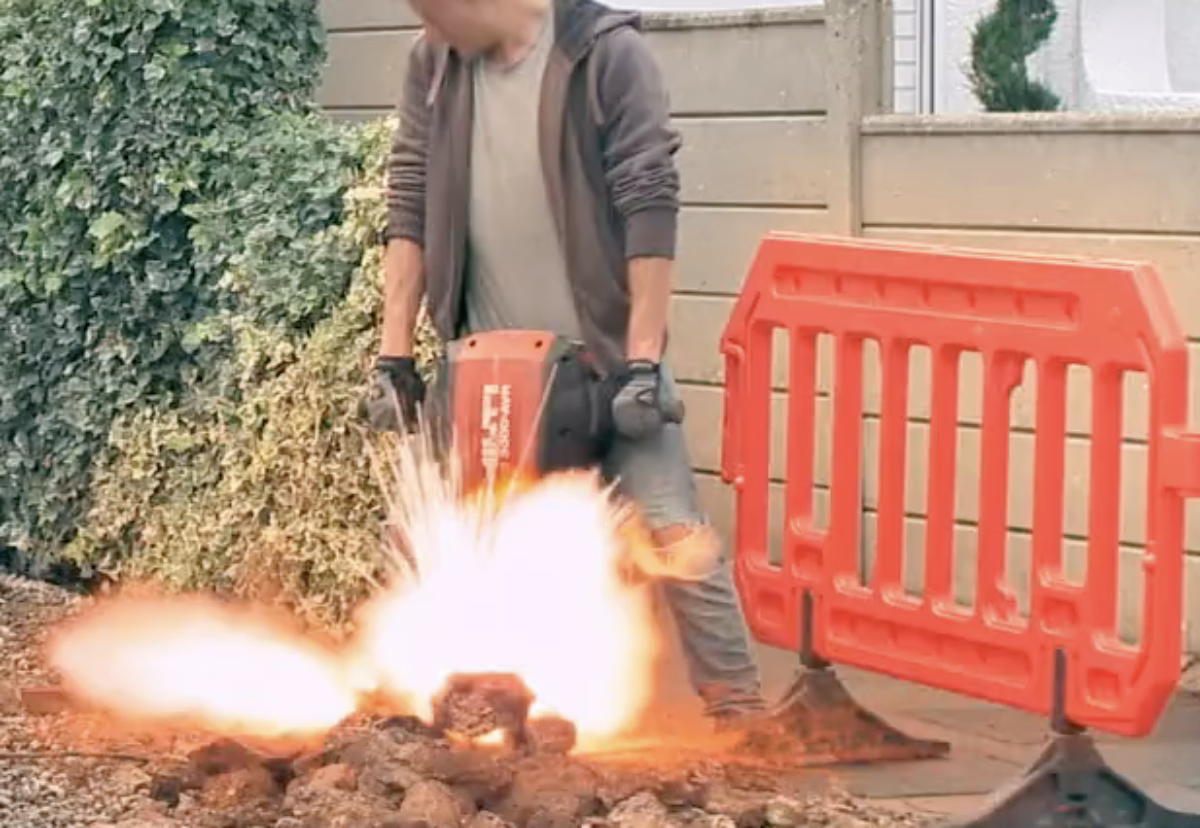



.jpg)









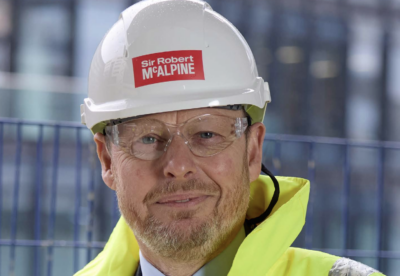
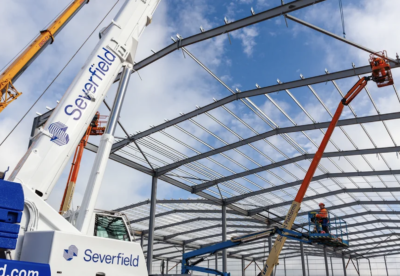
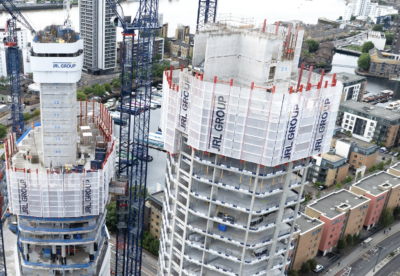







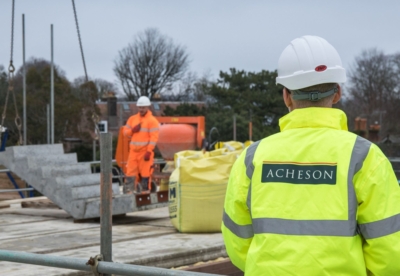


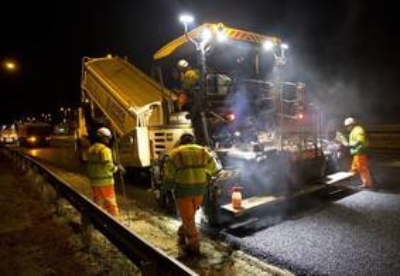



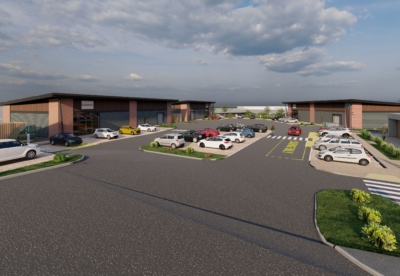

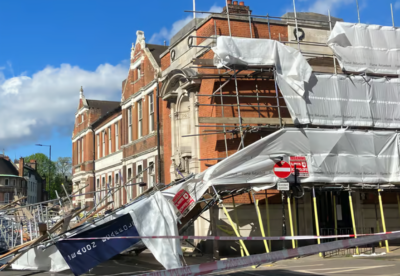
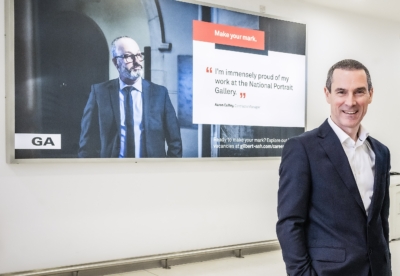
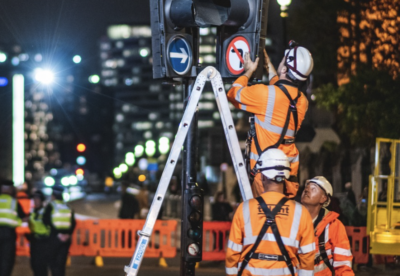



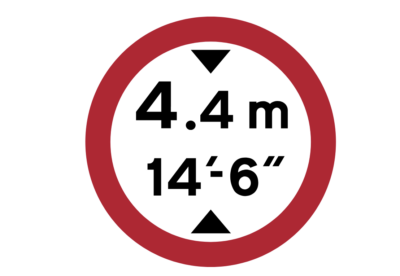


 (300 x 250 px).jpg)



.gif)



